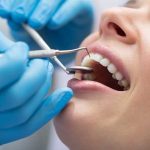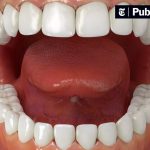When Do Puppies Lose Their Teeth? A Quick Guide to Your Furry Friend’s Dental Development
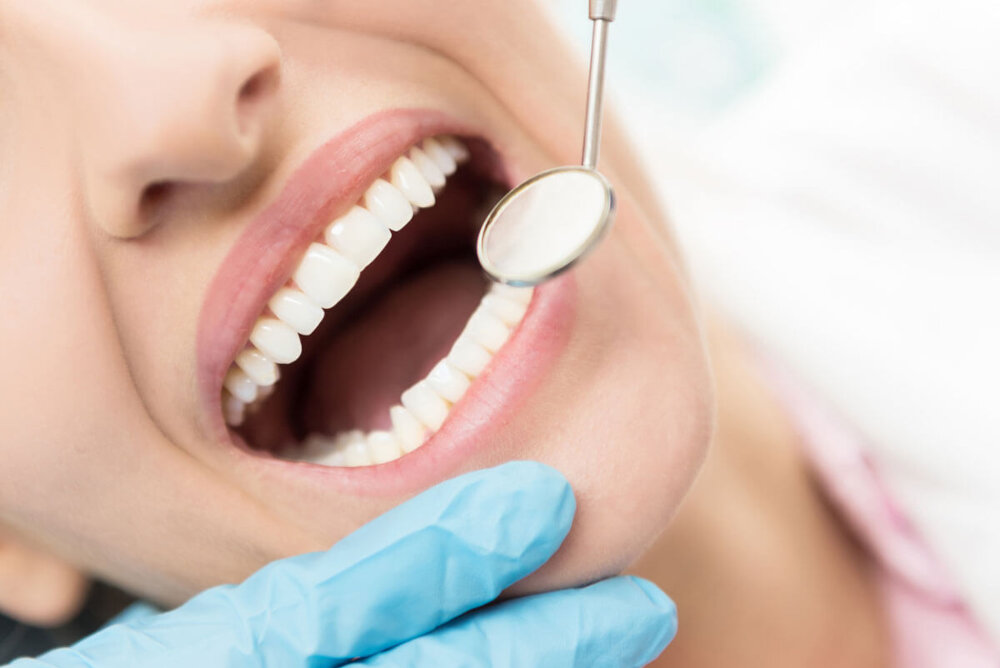
Puppies are undoubtedly one of the most adorable creatures on the planet. From their fluffy fur to their playful demeanor, they bring joy and companionship to countless households. However, as much as we love our furry friends, we often overlook the importance of their dental health. Just like humans, dogs go through a developmental process when it comes to their teeth, and it’s crucial to understand this process to ensure their overall well-being. In this quick guide, we’ll take a look at when puppies lose their teeth and what you can do to help them through this essential stage of life. When it comes to puppies, their dental development is a critical aspect of their growth and health. Puppies are born without teeth, and their first set of teeth, also known as deciduous teeth or milk teeth, start to emerge between two to four weeks old. These teeth are temporary and will eventually fall out to make way for their permanent teeth. As a responsible pet owner, it’s vital to be aware of the timeline of your puppy’s dental development to ensure they are healthy and happy. So, whether you’re a first-time pet owner or a seasoned dog lover, this guide will provide you with the information you need to keep your furry friend’s teeth in tip-top shape.
Dental health is of utmost importance for puppies as it not only enables them to chew and digest food but also impacts their overall health and well-being. Puppies begin developing their teeth as early as two weeks of age, and by six months, they lose their baby teeth and develop adult teeth. During this time, it is crucial to keep their teeth clean and free from plaque and tartar build-up, which can lead to gum disease, tooth decay, and even tooth loss. Neglecting dental health can also cause bacterial infections that can spread to other parts of the body, affecting vital organs like the heart, liver, and kidneys. Therefore, it is essential to establish good dental hygiene habits early on and regularly brush your puppy’s teeth, provide dental chews, and schedule regular dental check-ups with a veterinarian to ensure your furry friend’s dental health remains in top condition.
The article \When Do Puppies Lose Their Teeth: A Quick Guide to Your Furry Friend’s Dental Development\ provides a comprehensive guide to understanding the dental development of puppies. The article explains the different stages of a puppy’s dental growth, including the emergence of milk teeth, the shedding of milk teeth, and the arrival of adult teeth. It provides information on how to care for a puppy’s teeth during each stage of their development, including tips on tooth brushing and dental treats. The article also discusses common dental issues that can arise in puppies and how to prevent them. Overall, the article is a valuable resource for anyone who wants to ensure their furry friend has a healthy and happy smile.
The Teething Process
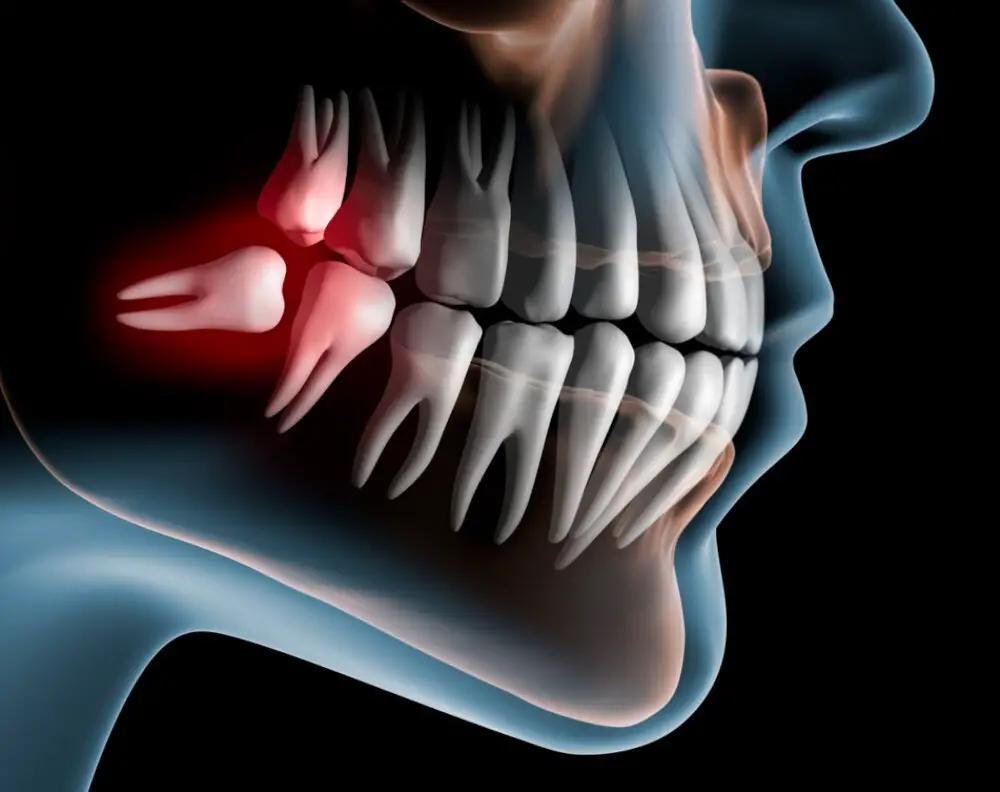
The teething process is a natural and important part of a puppy’s dental development. It typically starts around three to four weeks of age when the puppy’s baby teeth begin to emerge. These baby teeth, also known as deciduous teeth, help puppies learn to chew and play and prepare them for adult teeth. The teething process can be a bit uncomfortable for puppies, and they may begin to chew on anything they can find to relieve the discomfort. Providing appropriate chew toys can help alleviate discomfort and prevent destructive chewing behavior. As puppies grow and develop, their baby teeth will begin to fall out, making room for their adult teeth. This typically starts around four months of age and can continue until around six months of age. During this time, puppies may experience some discomfort and may chew more frequently. It is important to monitor your puppy’s dental development during this time and provide appropriate chew toys to prevent damage to household items. Once the adult teeth have fully emerged, it is important to establish a regular dental care routine to maintain your puppy’s oral health.
The teething process in puppies is an important milestone in their dental development. This typically starts when they are around 3 to 4 weeks old and can last up to 8 months. During this time, the puppy’s baby teeth will start to fall out, making way for their adult teeth to grow in. As the adult teeth start to emerge, the puppy may experience discomfort and pain in their gums, which can lead to excessive chewing and biting. It’s important to provide them with safe chew toys to alleviate this discomfort and prevent them from damaging household items. It’s also essential to maintain proper dental hygiene during this time to prevent any infections or dental issues from arising. Overall, the teething process in puppies is a crucial part of their growth and development, and proper care and attention can help ensure their dental health for years to come.
When it comes to a puppy’s dental development, it is essential to know when they start and finish teething. Typically, puppies begin teething at around three to four weeks old, and this process can last up to six months. During this time, you may notice your pup chewing on everything in sight as their baby teeth start to fall out, making room for their adult teeth. As the adult teeth emerge, your puppy’s gums may become sore and inflamed, causing them discomfort. However, this is a natural process that all puppies go through, and by the time they reach six months old, they should have a full set of adult teeth. It is crucial to ensure your puppy has appropriate chew toys during this time to help alleviate any discomfort and prevent them from chewing on items that could harm them.
Teething is a natural process that puppies go through as they develop their adult teeth. During this time, puppies may exhibit a variety of symptoms, including increased chewing, drooling, and irritability. They may also experience swollen or tender gums, and may be hesitant to eat or drink due to discomfort. Some puppies may even develop a mild fever, and may be more prone to accidents or behavioral issues due to the discomfort they are experiencing. As a puppy parent, it’s important to be patient and understanding during this process, and to provide your furry friend with plenty of chew toys and other appropriate outlets for their teething behavior.
The Different Types of Teeth in Puppies
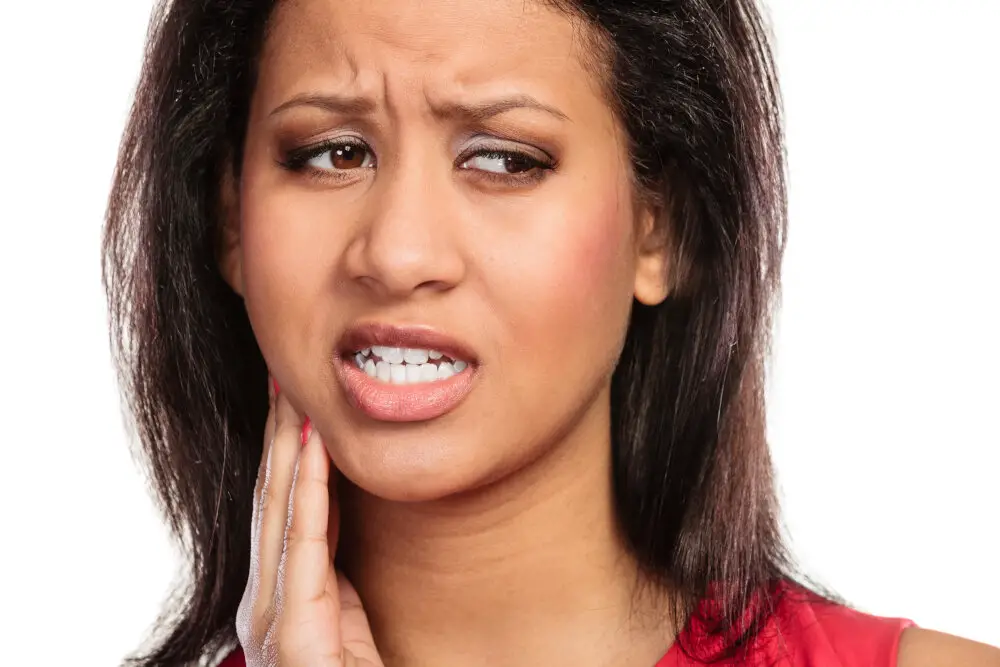
Puppies’ teeth development is an essential process that directly impacts their overall health and well-being. Puppies have two sets of teeth, just like humans, known as deciduous or baby teeth, and permanent teeth. The deciduous teeth are essential for the puppy’s early life stages, while the permanent teeth provide the puppy with a complete set of teeth for their lifetime. During this period, it is crucial to monitor the puppy’s teeth’ growth and development as any problems that may arise can cause severe dental issues in the future. There are different types of teeth that puppies have, and each serves a unique purpose. Incisors are small, front teeth that help the puppy pick up and hold objects, while canine teeth are longer and pointed and are essential for gripping and tearing food. The premolars are located behind the canine teeth and are responsible for chewing and grinding food. Finally, the molars are located at the back of the mouth and are the largest teeth, responsible for chewing and grinding food. Understanding the different types of teeth in puppies is vital for their dental health, and regular check-ups with a veterinarian can ensure that their teeth are developing correctly.
As puppies grow, they develop two sets of teeth: deciduous teeth, also known as milk teeth, and permanent teeth. Deciduous teeth start emerging when puppies are around two to four weeks old and are fully grown by six to eight weeks. These teeth are small and sharp and help puppies bite and chew food. However, as puppies grow, these teeth start to fall out and are replaced by permanent teeth. Permanent teeth start emerging when puppies are around four months old and are fully grown by six to eight months. These teeth are larger and more durable than milk teeth and are designed to last a lifetime. They are used primarily for biting and chewing food but also play a role in maintaining good oral health.
Each type of tooth in a dog’s mouth serves a specific purpose. Incisors are used for biting and grooming, while canines are used for tearing and holding prey. Premolars and molars are used for grinding and crushing food. The shape and size of each tooth correspond to its function, with incisors being narrow and sharp, canines being long and pointed, and premolars and molars having a flat surface with ridges and cusps. As puppies grow and develop, their teeth go through a specific sequence of eruption and shedding, with deciduous teeth being replaced by permanent teeth. Proper dental care and hygiene are essential in maintaining a healthy mouth and preventing dental problems in dogs.
The timeline for a puppy’s dental development is an exciting and essential aspect of their growth. At two to three weeks old, their baby teeth or deciduous teeth start to emerge, and by six to eight weeks, they should have a full set of 28 baby teeth. These teeth are crucial for the puppy’s early development as they enable them to nurse, eat, and play with toys. However, between three to six months old, their baby teeth start to fall out, making way for the permanent teeth. This process of shedding their baby teeth and growing adult teeth is called teething. By six to eight months, puppies should have a full set of 42 permanent teeth, and their dental development should be complete. It is essential to monitor this process to ensure that their dental health is maintained.
When Do Puppies Lose Their Teeth?
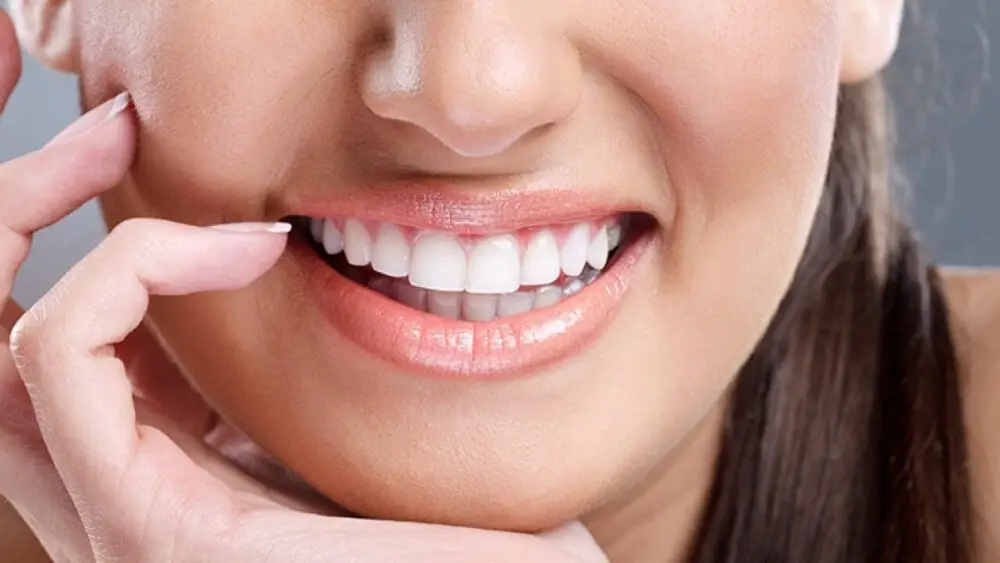
Puppies are adorable creatures that bring joy and happiness to our lives. Watching them grow and develop is a fascinating experience. One of the most important aspects of puppy development is their dental growth. Puppies are born without teeth, and their first set of teeth, called deciduous teeth, start to emerge at around three weeks of age. These teeth are very small and sharp, and they are used for biting and chewing food. The deciduous teeth are temporary and will eventually be replaced by permanent teeth. Puppies typically start to lose their baby teeth at around three to four months of age. The process of losing baby teeth and growing permanent teeth is called teething. During this time, puppies may experience discomfort and pain in their gums, and they may chew on objects to alleviate the discomfort. It is important to provide puppies with appropriate chew toys to help with the teething process and prevent destructive chewing behavior. By the time a puppy is six months old, they should have all of their permanent teeth, which are larger and stronger than their baby teeth. Proper dental care, including regular brushing and dental check-ups, can help maintain a puppy’s dental health and prevent dental issues in the future.
Puppies, like humans, undergo a series of dental developments as they grow. Their first set of teeth, known as deciduous teeth or milk teeth, typically start to emerge around the third week of their life. During this stage, puppies will experience intense chewing, gnawing, and biting, which helps to alleviate pain and discomfort caused by the teething process. As they approach the fourth month of their life, puppies start to lose their milk teeth, which are eventually replaced by the permanent teeth. This process is known as the “teething phase” and typically lasts until the puppy is around eight months old. It is important to note that during this time, puppies’ teeth can be very sensitive, and they may require additional care and attention to ensure their dental health.
As with humans, puppies also go through a process of losing their baby teeth. This process, known as teething, generally begins at around 3 to 4 months of age and can last up to 8 months. The timeline for when each tooth typically falls out varies, but the general pattern is that the incisors fall out first, followed by the canine teeth, then the premolars, and finally the molars. By the time a puppy reaches 8 months of age, they should have all of their adult teeth in place. It is important to keep an eye on your furry friend’s dental development during this time to ensure that their teeth are growing in properly and that they are not experiencing any discomfort or pain.
If a puppy’s teeth aren’t falling out on schedule, there is no need to panic just yet. It is normal for some puppies to experience a delay in their tooth loss, and there are several reasons for this. One possible explanation is that the puppy’s adult teeth may be growing in at a slower rate than expected, which can cause the baby teeth to remain in place for longer. Alternatively, the puppy may be experiencing dental issues, such as overcrowding or impacted teeth, which can also delay the shedding process. In either case, it is important to consult with a veterinarian to determine the underlying cause of the delay and ensure that the puppy’s dental health is properly maintained.
Taking Care of Your Puppy’s Teeth
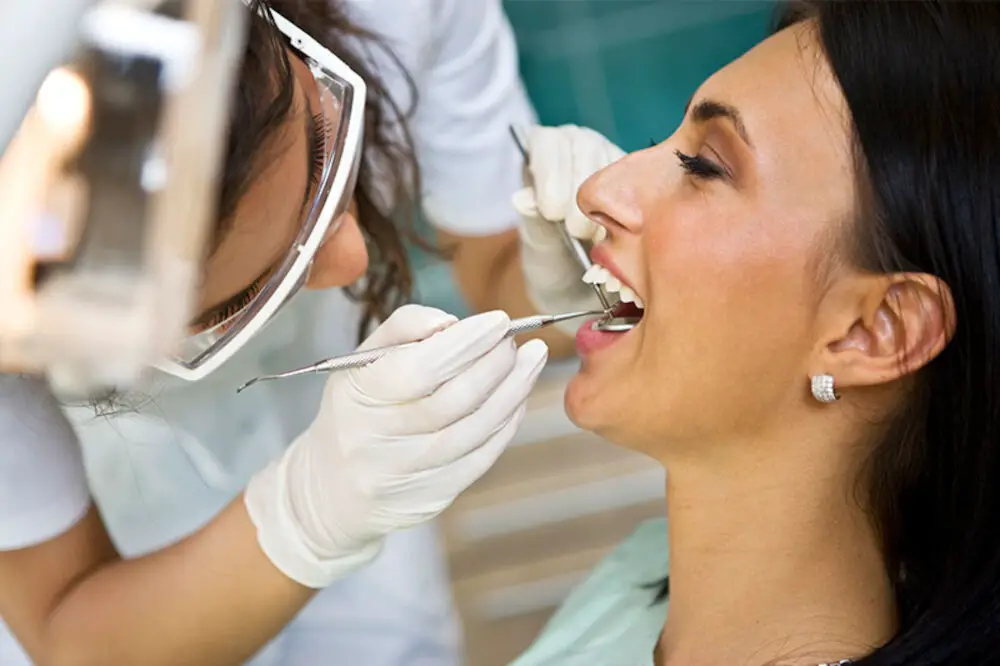
Taking care of your puppy’s teeth is an essential part of their overall health and well-being. Puppies, like humans, need proper dental hygiene to prevent dental problems such as tooth decay, gum disease, and bad breath. You can start taking care of your puppy’s teeth as early as possible by brushing their teeth daily. Use a soft-bristled toothbrush and a toothpaste specially designed for dogs. You can also give them dental chews and toys to help keep their teeth clean and healthy. If you notice any signs of dental problems, such as bad breath, bleeding gums, or loose teeth, take your puppy to the vet immediately. Regular veterinary check-ups are also essential for your puppy’s dental health. Your vet can perform a dental exam to check for any dental problems and recommend a plan for dental care. They can also give you advice on how to properly care for your puppy’s teeth, such as recommending a specific toothbrush or toothpaste. By taking care of your puppy’s teeth, you are not only preventing dental problems but also promoting their overall health and well-being. A healthy mouth means a healthy puppy, and a happy puppy means a happy owner!
Taking care of a puppy’s teeth is crucial for their overall health and well-being. Some essential tips for maintaining healthy teeth in a puppy include regular brushing with a soft-bristled toothbrush and puppy toothpaste, providing dental chews and toys that encourage chewing and help remove plaque buildup, and scheduling regular professional dental cleanings with a veterinarian. Additionally, it’s important to monitor their diet and avoid giving them sugary or starchy treats that can lead to tooth decay. By following these tips and establishing good dental hygiene habits early on, you can ensure your furry friend has a healthy and happy smile for years to come.
Dental care is crucial for the overall health and well-being of your puppy. As they grow and develop, their teeth play a vital role in their ability to eat, play, and communicate. Neglecting proper dental care can lead to a host of issues, including tooth decay, gum disease, and even systemic infections that can impact your puppy’s health. Regular dental check-ups and cleanings, along with daily brushing, can prevent these issues from occurring and ensure that your puppy’s teeth stay strong and healthy throughout their life. By investing in your puppy’s dental care, you are not only ensuring their comfort and happiness, but also contributing to their long-term health and quality of life.
When it comes to dental care for puppies, there are a variety of products available. Toothbrushes specifically designed for puppies are a great tool to help keep their teeth clean and healthy. Additionally, there are toothpastes formulated to be safe for pets, with flavors like chicken or peanut butter to make the experience more enjoyable for your furry friend. Dental chews and toys can also be helpful in reducing plaque and tartar buildup, as well as providing entertainment for your pup. It’s important to choose products that are appropriate for your puppy’s age and size, and to establish a regular dental care routine to ensure their teeth and gums stay healthy as they grow.
Puppies, just like humans, go through a process of dental development that involves the loss of their baby teeth and the eruption of their permanent ones. This article provides a comprehensive guide to help pet owners understand the timeline of their puppies’ dental growth and how to take care of their oral health. It highlights the importance of regular dental check-ups and proper dental hygiene practices, such as brushing their teeth and providing them with chew toys. Additionally, the article addresses common dental problems that may arise, including tooth decay and gum disease, and how to address them. By following these guidelines, pet owners can ensure that their furry friends have healthy and strong teeth throughout their lives.
Dental health is just as important for puppies as it is for adult dogs. Ensuring your furry friend’s teeth are healthy and clean from a young age can prevent a host of dental problems down the line. From tooth decay to gum disease, dental issues can cause pain and discomfort for your puppy, as well as affecting their overall health. Regular check-ups with a veterinarian, as well as a healthy diet and daily teeth cleaning, can help keep your puppy’s teeth and gums in tip-top condition. Remember, healthy teeth mean a healthy and happy pup!
Conclusion
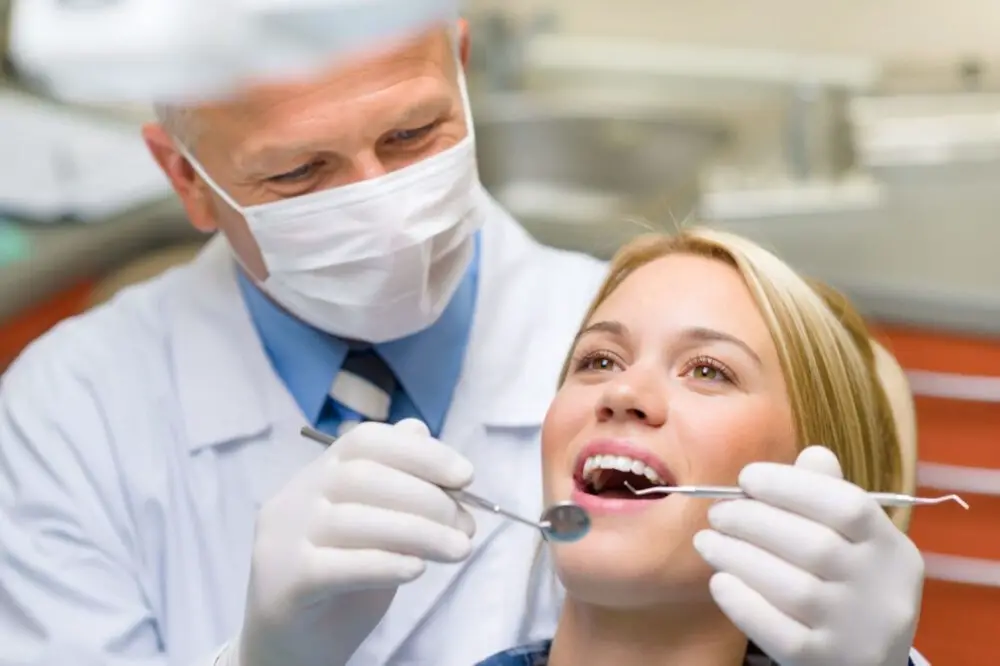
In conclusion, understanding when puppies lose their teeth is an essential aspect of their dental development. It is a natural process that occurs as they grow, and it is crucial to keep a close eye on their teeth to ensure proper growth and development. As pet owners, we must provide our furry friends with the necessary care and attention required to maintain their healthy teeth and gums. By following the tips outlined in this guide, we can help our puppies develop strong teeth and set them on the path towards a lifetime of good dental health. Remember, a healthy puppy is a happy puppy!

